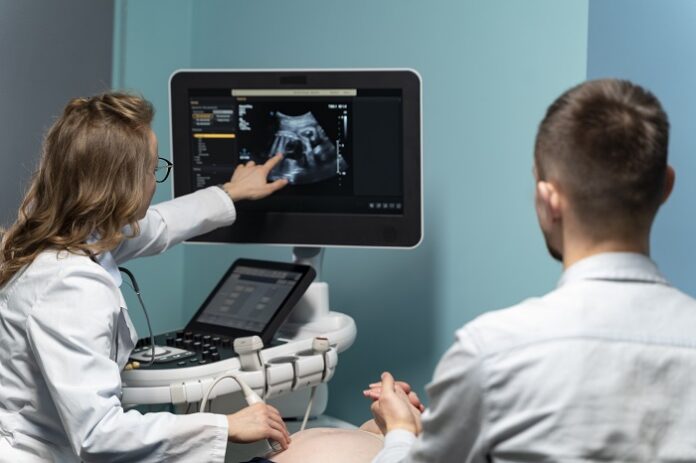Enhancing Workflow Efficiency
Philips has introduced new software for its EPIQ Elite and Affiniti ultrasound imaging systems, focusing on faster workflows and improved diagnostic processes. The update streamlines platform setup and optimizes imaging acquisition, significantly reducing exam times.
Improved Image Quality and Automation
The software now includes over 100 new image quality presets for abdomen, vascular, small parts, pediatrics, and OB/GYN applications. Automated features, such as Quick Launch presets, enhance efficiency by reducing button pushes by up to 54% and cutting imaging acquisition time in half during abdominal exams.
Remote Access and Cybersecurity Enhancements
With the Elevate Release, Philips has integrated proactive monitoring and expanded virtual access through Collaboration Live. This allows care teams to diagnose patients remotely, consult with colleagues, and troubleshoot systems in real time. The update also strengthens cybersecurity and data control.
Advancing Liver Elastography
Philips ElastQ Imaging offers a non-invasive method to assess liver stiffness. It aids in diagnosing liver conditions without the need for a biopsy. The new Auto ElastQ automation reduces liver shear wave elastography exam time by up to 60%, improving efficiency and patient comfort.
AI-Driven Innovations in Cardiac Imaging
The Affiniti system now features an AI-powered automated segmental wall motion scoring tool. This innovation helps identify subtle changes in cardiac function. It eliminates inter-user variability in manual wall motion scoring, enabling more accurate diagnoses.
AI-Powered Clinical Decision Support
As reported by mpo-mag.com, Philips has partnered with Koios Medical. They aim to integrate AI-based clinical decision support for breast lesions and thyroid nodules. This collaboration enhances diagnostic accuracy and supports clinicians in making confident decisions.
Transforming Ultrasound with AI
Philips collaborated with leading imaging professionals to refine every stage of the ultrasound exam, from patient setup to image acquisition and measurement. According to Bita Alu, Business Leader for General Imaging, Point of Care, and Women’s Health at Philips Ultrasound, this release represents the most significant advancement in high-end ultrasound in over a decade. The AI-driven improvements enhance efficiency, reduce training time, and provide high-resolution image quality for first-time-right diagnoses, ultimately improving patient outcomes.























